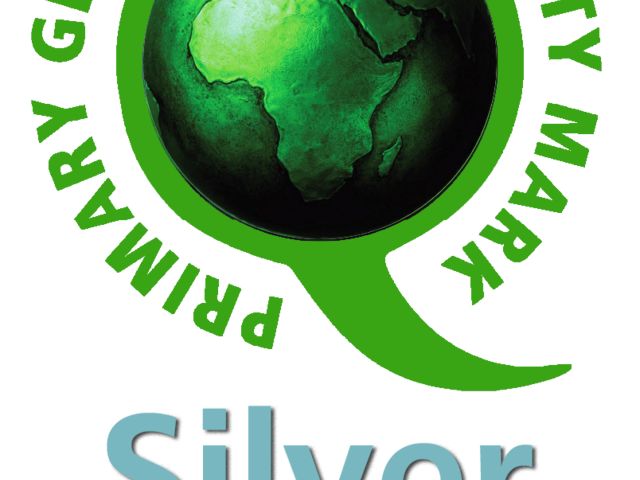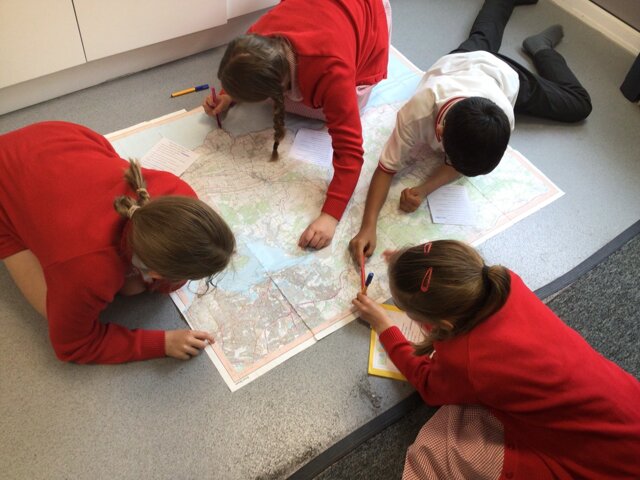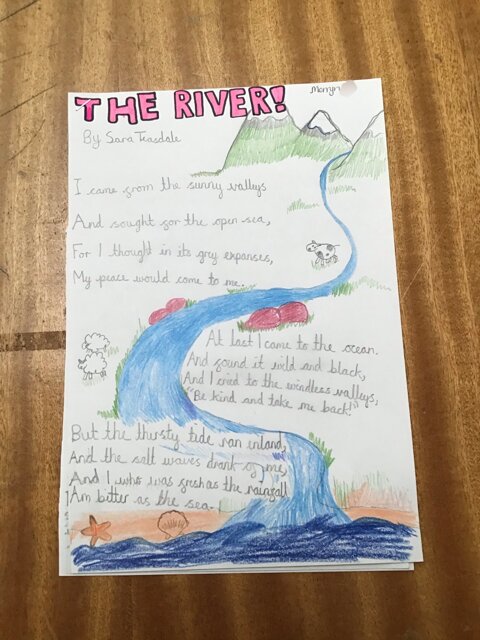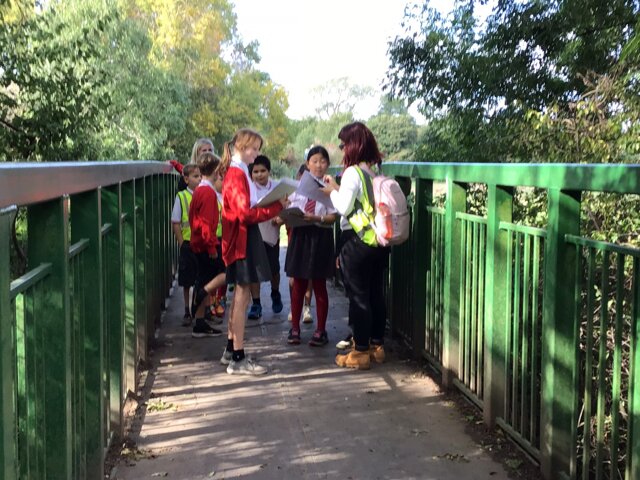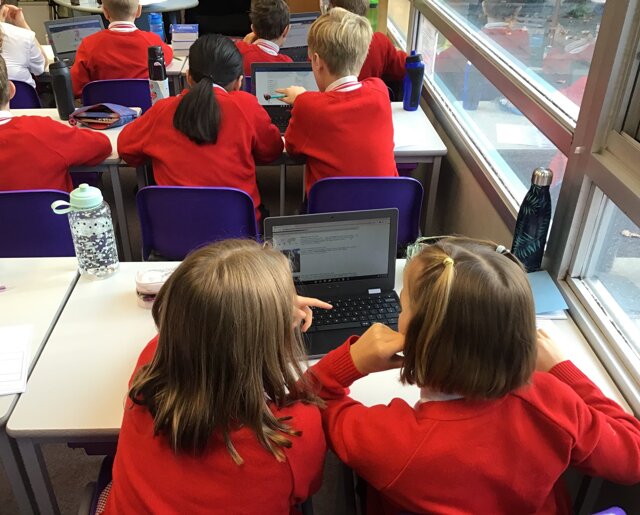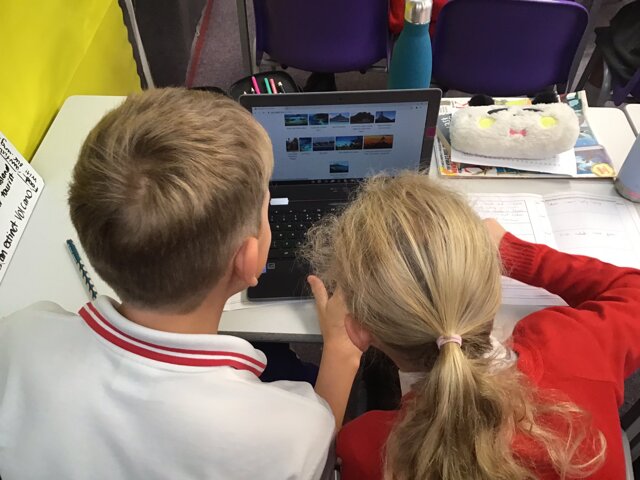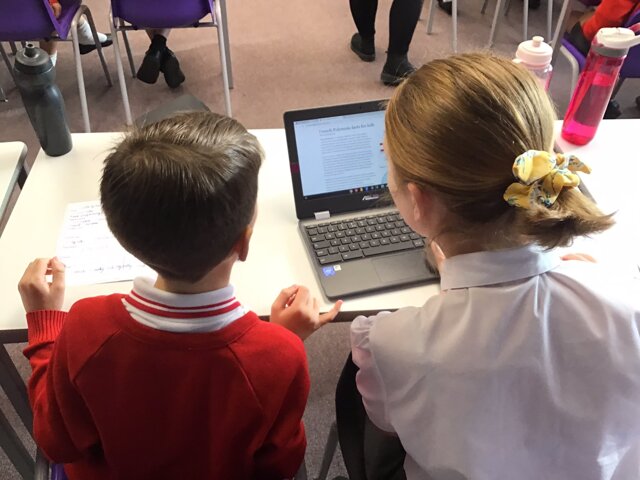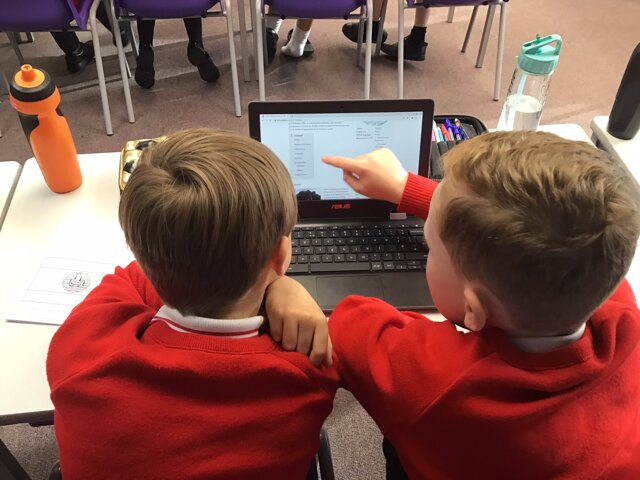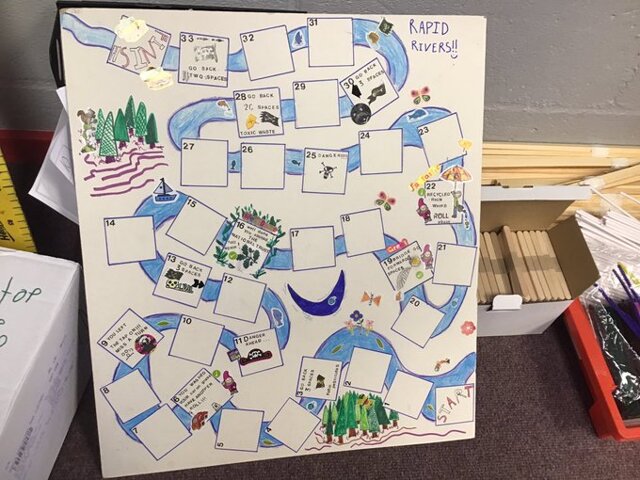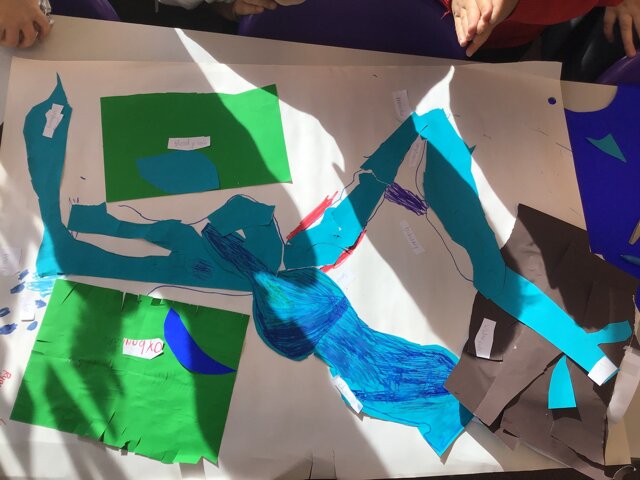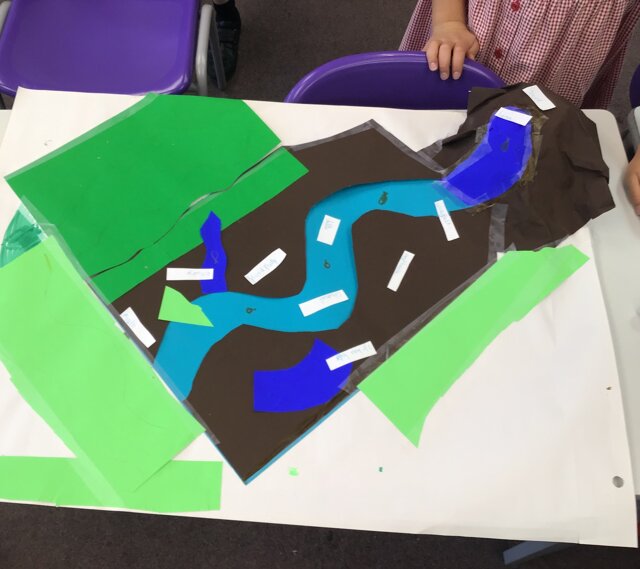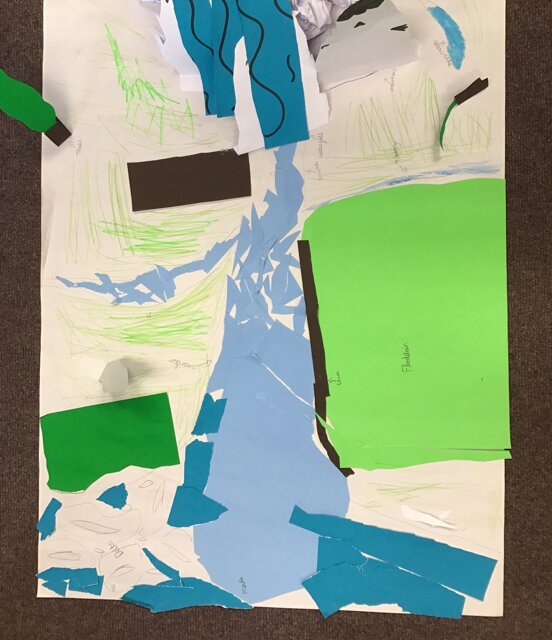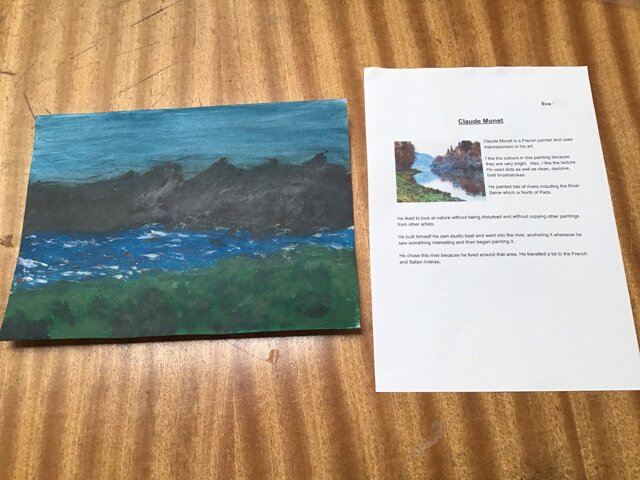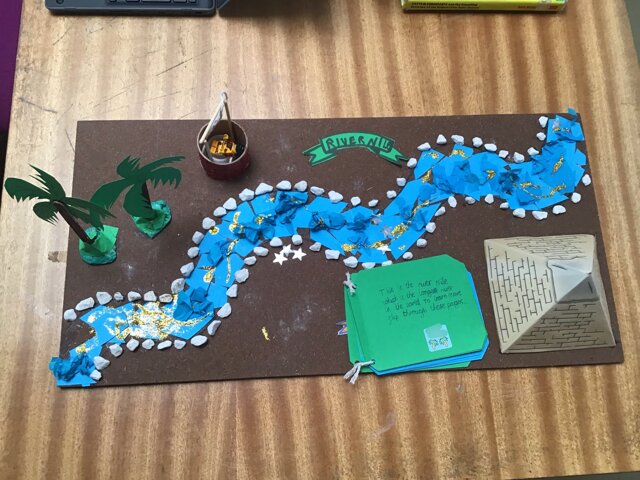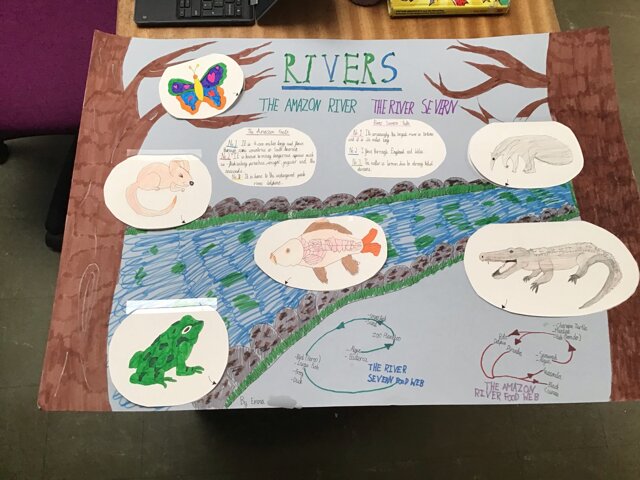Wallace Fields Juniors Awarded Geography Quality Mark
I am delighted to announce that Wallace Fields Junior School has successfully achieved the Geography Quality Mark. The school has achieved a Silver Award which shows that as a school we are an outstanding school for teaching geography. This accreditation is moderated and awarded by the Geographical Association highlighting many outstanding aspects of geography such as how well planned and coherent our curriculum is and how ‘place’ is investigated from a local to a global scale. The association also highlighted how pupils at Wallace Fields Junior School are given the opportunity to develop their opinions, how to think collaboratively and are encouraged to think critically.
Here are some of the strengths from the Geography Association report:
“A well thought through submission which clearly aims to show the topics studied and that they are chosen with a clear focus on the pupils at Wallace Fields Junior School providing them with an opportunity to think at different scales from local to global. The teaching and learning of geography is purposeful with opportunities for the children to think, speak and write like geographers. We particularly enjoyed the evidence provided of the Year 5 lesson plan, creating a model and video of a river, as well as the Year 6 exploration of a rainforest biome, where pupils designed their own rainforest water cycle to understand impact”
“The application process has been a positive one as well as having an impact on the children’s learning. It has provided an opportunity to celebrate the amazing learning opportunities provided by Wallace Fields Junior School. As a result of compiling the PGQM and developing the curriculum the subject lead has invigorated staff and children alike about geography, which is clear in their testaments of how he has improved it”.
Many thanks to the teachers and teaching staff for all their efforts that made this accreditation successful.
Mr William Taylor

Intent
Geography is a highly-valued part of the curriculum which provides a purposeful means for exploring, appreciating and understanding the world we live in and how it evolves on a day to day basis. However, Geography is more than just a subject at Wallace Fields Junior school, it is a high quality tool in developing children’s curiosity of the local area, as well as appreciating the similarities and differences of the diverse surroundings in the wider world, with a key focus/appreciation of human and physical characteristics.
In developing children’s curiosity about the local environment and the diverse surroundings in the wider world, our teachers promote inquisitive thinking both in and outside of the classroom where it is safe and fun to answer questions. It is through questioning and shared ideas where inspiration, acceptance, celebration and fascination of the wider world can be accomplished.
With the local community being a focus, we want the children to have a clear understanding of location and a passion of where we live. We want to ensure that through Geography, pupils can explore the relationship of place and space and be able to make comparisons with different areas from all over the globe. These comparisons are important as we want our locations studied to reflect our high EAL community and to make children feel a sense of happiness as well as being involved the local community.
Throughout human history, most societies have sought to understand something about their place in the world, and the people and environments around them. With this in mind, our aim in geography at Wallace Fields Junior School, is to inspire pupils’ curiosity and fascination about the world around them, as well as develop an understanding how diverse our planet is and how the planet is changing and evolving each day.
Implementation
We develop the children’s knowledge, understanding and skills of geography by:
- Embracing the children’s curiosity by encouraging them to generate questions, which they can reflect on throughout the topic.
- Helping the children develop their own sense of perspective of the world around them.
- Enhancing the children’s understanding of how the world has grown and changed over time, the diversity of people’s lives and the possibility for us to live sustainability for the future.
- Developing the children’s location knowledge of continents, oceans, counties and cities.
- Learning about the Earth’s key physical and human characteristics.
- Focusing on the progression of geographical skills and providing the children with cross-curricular learning opportunities.
- Utilising the use of technology in our lessons to create a multi-sensory learning experience.
- Providing the children with trips and visits to explore fieldwork opportunities and reinforce their learning experience.
The Geography programme of study provided by the National Curriculum has been broken down to ensure both progression and coverage across Key Stage 2 (informed by the progression from KS1).The subject leader, will oversee the coverage of skills of geography across school as well as monitor, evaluate and review the teaching and learning. Each theme will be taught explicitly through exciting topics, including links to other areas of the curriculum.
The progression of skills is set out in order to build and develop the following:
- Location and place knowledge
- Human and physical geography
- Fieldwork
Impact
In response to a pupil voice interview
- 99% of children either ‘really enjoyed’ or ‘enjoyed’ their geography lessons.
- 100% of children agreed that geography provided them with a better understanding of the world around them.
- 64.7% believed they are sometimes encouraged to challenge themselves within their geography lessons with a further 35.3% who feel they are encouraged to challenge themselves.
Children’s favourite part of learning geography included:
- Learning about the world around them.
- Knowing where all of the places are in the world.
- Learning about countries around the world.
- Using the compass and looking on Google Earth.
- Fieldwork and trips.
To improve geography, children believed that:
- We could have more school trips.
- Investigate the less well-known countries instead of the popular ones.
- To do more activities.
- Learn geography more frequently
- Learning more about different countries, their location, their capital and their cultures.
- More of a focus on nature.
When asked to describe geography in one word, the children generated the following
- Adventurous
- Around-the-world
- Interesting
- Amazing
- Fun
- Maps
- Super
From the observation of lessons and book looks within different year groups, the teaching was of a very high standard and there was evidence of challenge opportunities and the exploration of geographical skills and knowledge.
All teachers have worked hard to deliver inclusive, fun, engaging and inspirational geography lessons to all pupils.
How do we teach geography for those with Special Educational Needs?
We teach geography to all children, whatever their ability. Geography forms part of the school curriculum policy to provide a broad and balanced education for all children. We provide learning opportunities that are matched to the needs of children with learning difficulties and take into account any arrangements from their SEND support plans to allow children to learn key geographical knowledge and skills.
Visits
Wherever possible, our geography curriculum is enhanced by trips and visitors as these bring the curriculum to life for our children. Fieldwork is a vital part of our geography learning.
- Year 3: Exploring the local area and our school environment.
- Year 4: A cultural awareness day of the developing world.
- Year 5: The Hogsmill River trip and Isle of Wight residential to compare settlements.
- Year 6: Visit to France.
(Please note there may be changes this year due to the current Covid regulations)
For further details on the teaching of Geography across the schoo, please view our progression map.
Geography progression map
National Curriculum
To find out more about the national curriculum for Geography in Key Stage 2 that the school is following click here.
Related News
